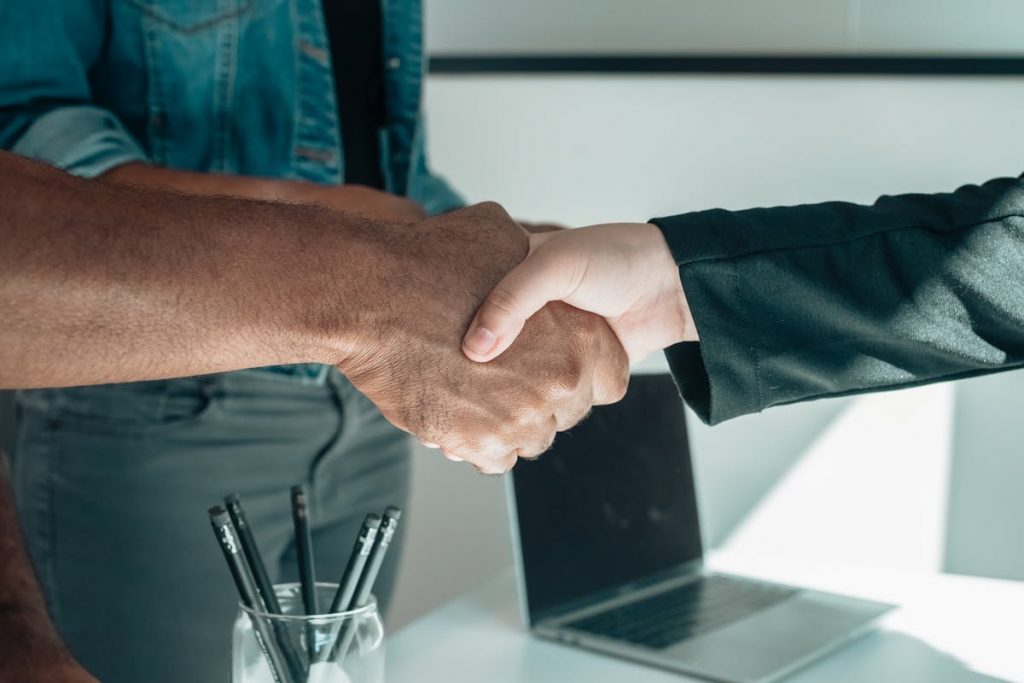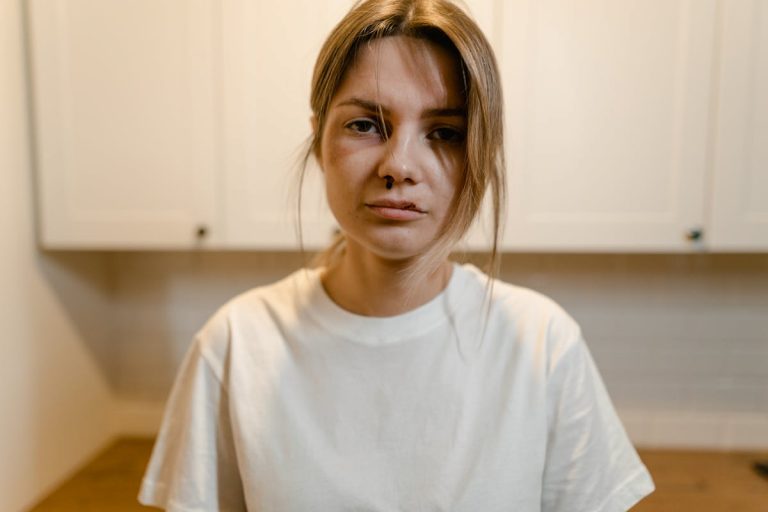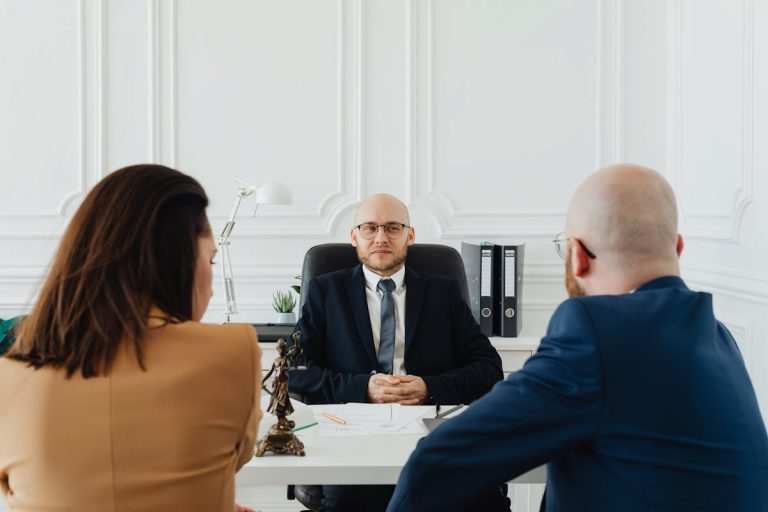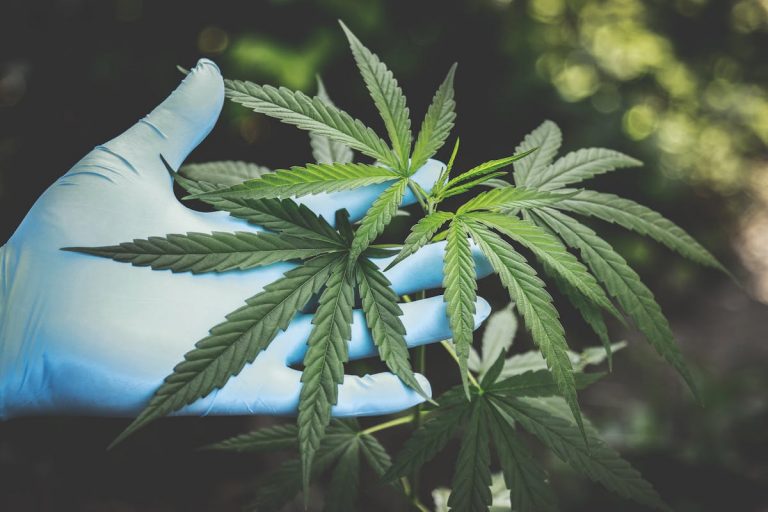Guilty by association implicates individuals in offenses through their relationships with offenders. This concept, prevalent in social and legal realms, often leads to indirect blame, stigmatization, and stereotyping. In legal settings, it might lead to convictions based on associations alone, underscoring the need for careful selection of companions to avoid legal repercussions. Understanding this concept is crucial for grasping its impact on society and law.
Defining ‘Guilty by Association’
‘Guilty by association’ refers to the concept where individuals are blamed not for their own actions but for their connections to others. This term, prevalent in legal and social contexts, implies indirect culpability. It often serves to marginalize or condemn based on affiliations.
Culturally, ‘guilty by association’ acts as a mechanism of social control, assessing individuals’ actions through the lens of associated group behavior. This often leads to stigmatization and reinforces discriminatory stereotypes.
Acceptance and application of this concept vary globally across different cultures and legal frameworks. While some consider it a necessary deterrent, others view it as unjust. Analyzing ‘guilty by association’ involves understanding its implications and cultural interpretations, setting the stage for exploring its origins and historical applications.
Origins and History
The concept of ‘guilty by association‘ originates from ancient civilizations and has influenced societal norms and legal systems over centuries. Historically, rulers used this concept to consolidate power by persecuting groups linked to enemies or criminals, demonstrating its prevalence across different cultures. Modern developments in association psychology and socio-political changes have further evolved this principle, still evident in today’s legal and political frameworks and media portrayals.
Legal Implications
The legal concept ‘guilty by association’ affects individuals’ accountability for others’ actions in criminal law, demonstrating its integration across various legal systems globally. This principle allows for prosecution of individuals not directly involved in criminal activities based on their associations. Consequences of such laws include imprisonment, fines, or mandated community service, emphasizing the significant legal risks of indirect criminal ties. Ignorance of an associate’s crimes does not typically serve as a defense, highlighting the necessity for careful selection of associates to mitigate legal risks.

Real-Life Examples
We now analyze high-profile criminal cases and celebrity scandals, focusing on guilt by association to explore its effects on the accused. This examination aims to understand the dynamics of this phenomenon without making judgments.
Criminal Cases Overview
The legal system often sees individuals implicated in criminal cases due to guilt by association, highlighting systemic flaws and sentencing disparities. Key examples include:
- Gang-related prosecutions: Non-active members charged for associates’ crimes.
- Drug-related arrests: Individuals near drug activities implicated under conspiracy laws.
- Terrorism charges: Loose affiliations lead to severe penalties.
- White-collar offenses: Employees accountable for corporate illegal actions.
These instances underscore the significant role of guilt by association in criminal case outcomes, emphasizing the need for balance to prevent injustice and ensure fair sentencing.
Celebrity Scandals Explored
Celebrity scandals often mirror legal guilt by association, damaging their public images due to their associates’ misconduct. Public perception crucially influences a celebrity’s reputation, evaluating them based on both personal actions and those of their circle. For instance, a celebrity linked to a person embroiled in scandal may suffer reputation harm despite their innocence.
To manage such scandals, celebrities must adopt effective strategies. These include dissociating from the controversial figure, publicly clarifying their position, and engaging in proactive public relations. These efforts aim to reshape public perception and rehabilitate the celebrity’s image, highlighting the significant role of perception management in celebrity culture.
Social Impact
Guilt by association impacts societal dynamics significantly, influencing perceptions and fostering stereotypes and stigmatization. This concept:
- Causes unfair labeling of individuals based on associations rather than personal actions, promoting societal stereotyping.
- Leads to community stigmatization by associating individuals with discredited groups, enhancing disgrace and disapproval.
- Amplifies social inequalities, disproportionately affecting marginalized groups judged by their associations.
- Promotes a presumption of guilt culture, undermining fairness and justice principles.
Overcoming Guilt by Association
Guilt by association carries significant societal impacts. Overcoming it involves specific strategies, such as guilt management and association disconnection. Guilt management incorporates recognizing guilt sources, understanding that association does not imply participation, and practicing self-forgiveness. Association disconnection, on the other hand, entails distancing from entities potentially triggering guilt by association, through physical interaction limits or perception reframing. Establishing boundaries is crucial rather than severing ties entirely.
Societal interventions also play a role. Promoting individual accountability over collective blame through educational campaigns and legal reforms can mitigate guilt by association’s negative impacts. These strategies collectively foster a societal environment that discourages unwarranted guilt affiliations.
Frequently Asked Questions
Can ‘Guilty by Association’ Apply to Family Members or Just Friends?
‘Guilty by association’ impacts both family and friends. Legal effects differ, influenced by family dynamics in specific cases.
What Psychological Effects Can ‘Guilt by Association’ Have on an Individual?
‘Guilt by association’ significantly affects individuals by inducing emotional distress, altering self-perception, and causing social isolation. This association detrimentally impacts mental health and well-being.
How Is ‘Guilt by Association’ Portrayed in Literature or Film?
In literature and film, ‘guilt by association’ is depicted through character arcs and symbolism, illustrating the impact on individuals’ reputations and lives when linked to wrongdoers.
Is There a Way to Prevent Oneself From Being ‘Guilty by Association’?
Preventing ‘guilty by association’ requires strategic social choices and legal awareness. Selecting associations wisely reduces risks of stigma and legal issues.
Does ‘Guilty by Association’ Vary Across Different Cultures or Societies?
‘Guilty by association’ varies across cultures; cultural norms and societal interpretations influence its application, emphasizing either individual responsibility or collective accountability.





